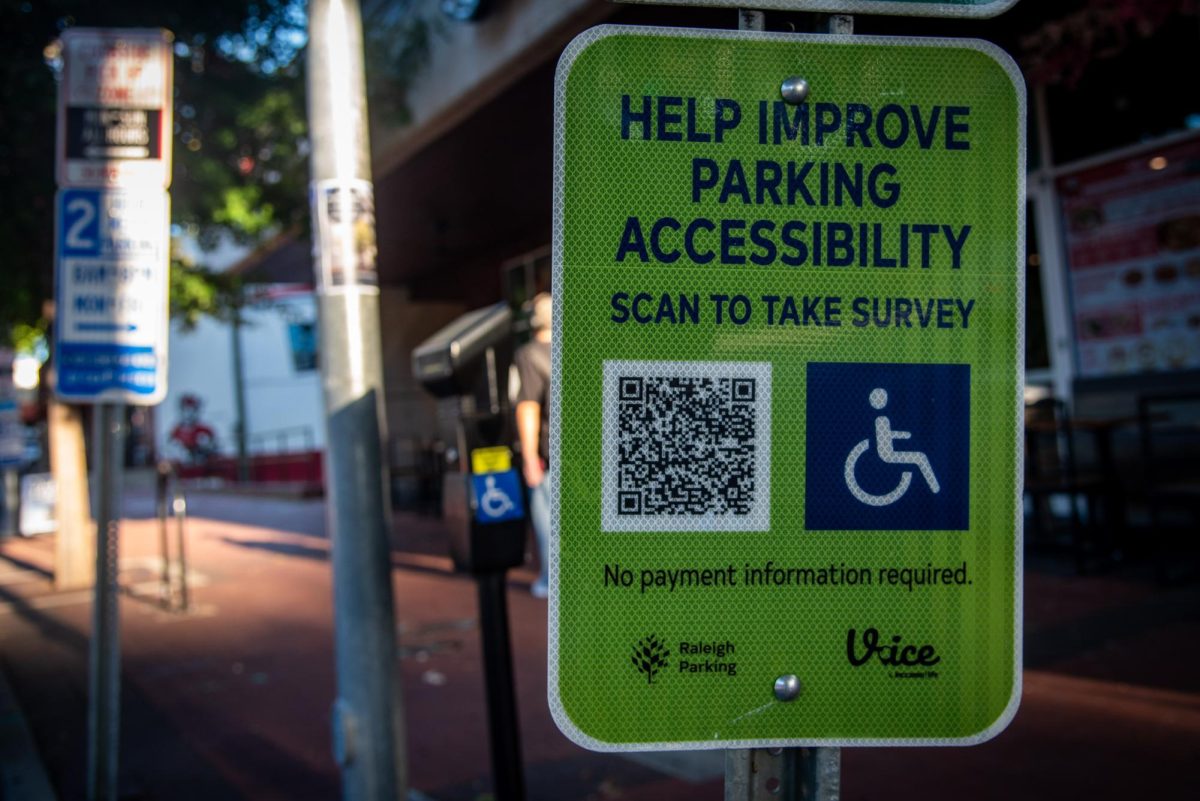On March 23, President Obama signed his comprehensive health care legislation into law.
For decades, this has been the mission of many political leaders. However, until now, no one has been able to deliver on anything similar to the bill that was fast-tracked through Congress a month ago.
Along with this monumental piece of legislation, however, there has been a great deal of turmoil along party lines.
Many argue that this bill stands to incur a lot of unneeded debt. According to the Congressional Research Service (CRS), a nonpartisan branch of the Library of Congress, the United States spent about 17 percent of its Gross Domestic Product (GDP) on health care in 2007. In comparison to other industrialized nations, this figure is significantly higher.
On the flipside, however, the U.S. was also the only wealthy industrialized country in the world without some kind of universal health care system before the sweeping legislation was signed into law. Countries with nationalized health care systems, such as France, Canada, and the United Kingdom, spent nearly half as much per capita and percent GDP as the United States. Canada spent 9.6 percent of its GDP on its universal health care system. France spent 9.7 percent and the U.K. spent just 7.7 percent of its GDP on health care – less than half of what the U.S. spent.
From many, the sentiment seems to be that some type of health care legislation was needed.
The only question was whether this particular bill was the legislation needed.
For reasons like this, health care reform has been on the minds of many people. Everyone seems to have a different opinion on the matter, and yet very few seem to have a solid idea of what is actually contained in the bill.
Here are ten of the most commonly held beliefs about the new bill.
1) The new bill will end the “preexisting condition” clause used by insurance companies: True
Six months after the bill’s enactment, insurance companies can no longer deny children coverage based on a preexisting condition. Insurance companies will not be allowed to deny anyone based on a preexisting condition after 2014.
2) The new bill will increase the national debt: False
The Congressional Budget Office estimates that the health care reform bill will reduce the national debt by $143 billion over the first 10 years it is enacted.
3) Everyone will be covered: False
Currently, about 47 million Americans are uninsured. The new health care bill is expected to expand coverage to 32 million currently uninsured Americans.
4) The bill will close the “donut hole” in Medicare D: True
The bill will gradually close the Medicare part D coverage gap (The “hole” is a gap in coverage of prescriptions. If a patient pays between $896.25 and $4,350.25 for prescription medication, Medicare will not cover any of the cost.)
5) The government is “taking over health care”: False
The new law is a regulatory one. No public option or government owned insurance policy would be created as a result of this bill.
6) Someone who does not want health insurance must buy it anyway or pay a fine: True
With some exemptions for low-income people, in 2014 everyone must buy health insurance or pay an annual fine of $695.
7) Small business owners will have to provide insurance for their employees: False
Businesses with fewer than 50 full-time employees are exempt from the mandate that requires larger ones to provide insurance by 2014.
8) Tax money will be used to pay for abortions: False
The new law separates funds from private premiums and taxpayer funds. To get abortion coverage, a person would have to make a separate payment to another private account. The only exceptions are in cases of rape, incest, and when the life of the mother is at risk.
9) Illegal immigrants will get free health care: False
The bill states that illegal immigrants will not being eligible for Medicaid, and will not be allowed to purchase health insurance in newly created exchanges. Exchanges are health insurance options with government subsidies, which will be provided to individuals and families between 133 percent and 400 percent of the poverty level.
10) Everyone’s taxes will be raised: False
Only families making more than $250,000 per year and individuals making more than $200,000 a year will see an increase in taxes. Unearned income, or investment income, will be taxed 3.8 percent in 2012. Indoor tanning beds will be subject to a 10 percent excise tax.




